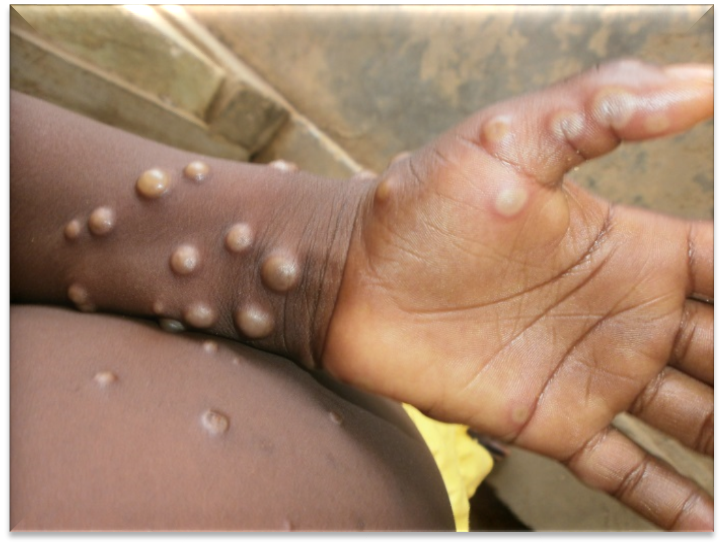Thailand Confirms Its First Case of Mpox
Thailand Confirms Its First Case of Mpox
Where and When Was the Case Discovered?
Thailand’s first confirmed case of mpox, previously known as monkeypox, was recently identified in Bangkok, the capital city. The infected individual, a man in his 30s, sought medical care after experiencing fever and skin rashes, which led to tests that confirmed mpox. The discovery was made in early November 2024, and health authorities are now closely monitoring the situation to prevent any potential spread.
What is Mpox?
Mpox is a viral disease initially identified in monkeys but can also infect humans. The virus is closely related to smallpox, although generally less severe. Mpox causes symptoms such as fever, headache, muscle aches, fatigue, and swollen lymph nodes. A characteristic symptom is a rash that begins on the face and spreads to other parts of the body, where it develops into fluid-filled blisters.
Should We Be Worried?
Mpox is generally milder than smallpox, and most people recover within a few weeks. However, as a virus that can spread between people, Thai health authorities are taking this first case seriously. People with weakened immune systems or underlying health conditions may experience more severe symptoms. Authorities have taken preventive measures and are closely monitoring those who had close contact with the infected individual to prevent further transmission.
How is Mpox Transmitted?
Mpox primarily spreads through close contact with an infected person’s bodily fluids, rashes, or scabs. It can also be transmitted through contaminated objects, such as bedding or clothing. Additionally, mpox can spread via respiratory droplets during close face-to-face contact, though it is not as contagious as influenza or COVID-19. The risk is higher with prolonged, close contact, meaning that family members, healthcare workers, and others with direct physical contact are most at risk.
Thailand’s Response and Actions
Thai health authorities have promptly implemented measures to limit potential mpox transmission. Contact tracing is underway to identify and monitor all those who had contact with the infected person. Thailand has also launched public awareness campaigns to educate people on preventing infection and recognizing mpox symptoms. A limited number of antiviral treatments are also available for specific cases.
Summary and Recommendations
While mpox is rarely life-threatening, it is essential to be aware of how it spreads and to follow basic hygiene practices to reduce risks. Those in close contact with infected individuals are advised to wash hands thoroughly, avoid sharing personal items, and be alert for any symptoms.
The first mpox case in Thailand underscores the need for vigilance but is no reason for alarm. Thai authorities are managing the situation effectively and working to ensure that transmission remains controlled.

- Full Name: Mpox (formerly known as Monkeypox)
- Causing Agent: Monkeypox virus (closely related to the smallpox virus)
- Symptoms: Fever, headache, muscle aches, fatigue, swollen lymph nodes, and a distinctive rash that develops into fluid-filled blisters
- Transmission: Close contact with bodily fluids, rashes, scabs, contaminated objects (e.g., bedding), and respiratory droplets during prolonged face-to-face contact
- Incubation Period: Typically 5-21 days
- Severity: Generally milder than smallpox; most recover within a few weeks
- Risk Groups: Immunocompromised individuals, healthcare workers, and people in close contact with infected persons
- Prevention: Good hygiene, avoiding direct contact with infected individuals, and avoiding shared personal items with those infected
- Treatment: Supportive care; limited antiviral treatments available for severe cases
- First Case in Thailand: Confirmed in November 2024 in Bangkok
- According to the World Health Organization (WHO), mpox has been reported in over 100 countries worldwide.
- First identified in humans in 1970 in the former Zaire (now the Democratic Republic of the Congo)





